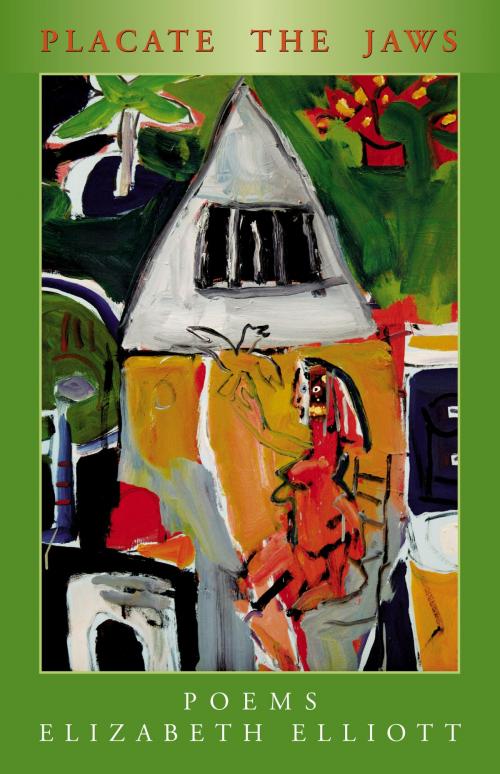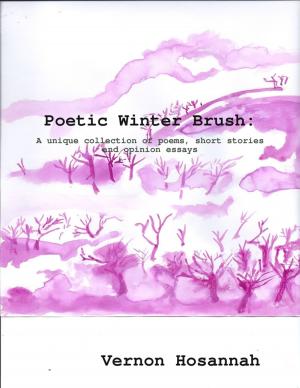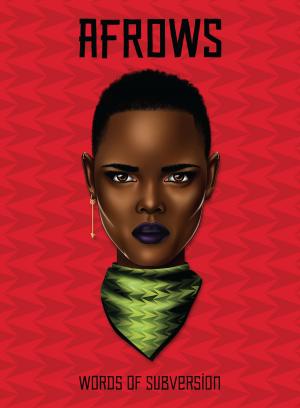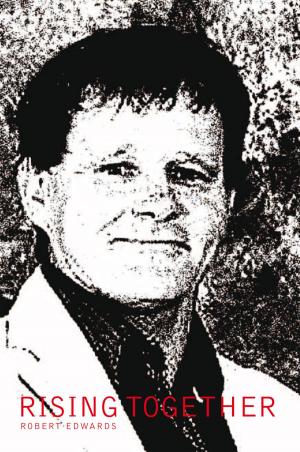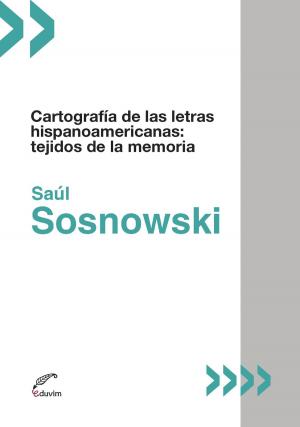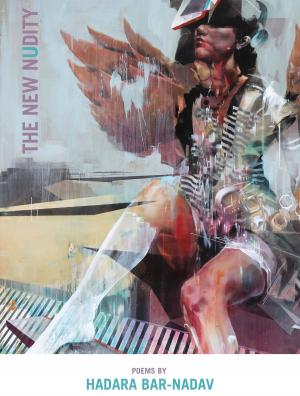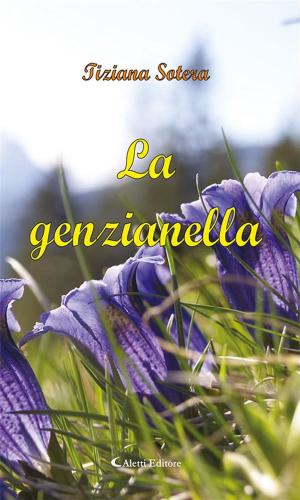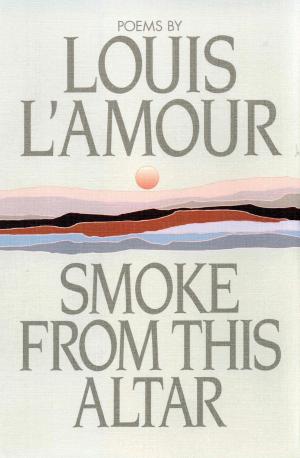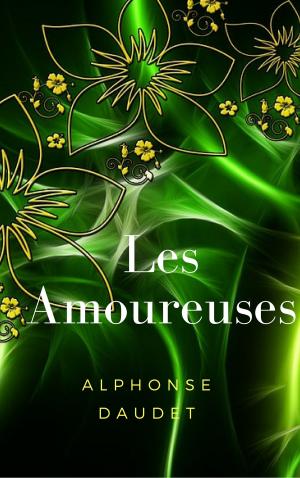| Author: | Elizabeth Elliott | ISBN: | 9780986297052 |
| Publisher: | WInter Press LLC | Publication: | June 28, 2015 |
| Imprint: | Smashwords Edition | Language: | English |
| Author: | Elizabeth Elliott |
| ISBN: | 9780986297052 |
| Publisher: | WInter Press LLC |
| Publication: | June 28, 2015 |
| Imprint: | Smashwords Edition |
| Language: | English |
Life Goes On Even When "Shadowed By War"
The violence to a mother and her kite-flying son in Placate The Jaws, the plea for hope beyond war in To The Children Of Those Who Hate Us, and the poignant sight of a young man walking along the highway in Outside Postnet, are three efforts of a non-combatant poet to make war real for all the lucky ones who live their lives outside the zones of war.
Four of the fifty-six short poems in Elliott's fourth book of poems are songs that she wishes she could set to music: Just A Detour, Dancing In The Valley Of The Dolls, Indium Blues, and All In White Linen. There is also a longer poem about death, Before You Close The Lid, and a poem that scolds cut flowers for feeling sorry for themselves, In Death Be Proud. The ambition of a parrot, a soliloquy by a lobster, a child therapist with a problem of rabbits, and the early days of a dysfunctional family, Children and Parents are all poems about normal life that never stops. But all these various scenes exist in a world where war and violence are becoming the new normal and we must protect ourselves from not caring about what war does to children and families, what war has done to returning soldiers. This section, "Shadowed by War," is surrounded by songs and life lived in a lucky place like America.
Elizabeth's poetry explores the human condition in our quests for power and truth, for persistence, justice and hope. On our need for individuality, a purpose, and for achieving our goals with courage and persistence. Her poems show us our innocence and our temptations, our gratitude and appreciation, and our freedom. Our struggle to overcome loss and death, evil and harm, war and conflict and to find love and joy with the healing power of our spirit and our psyche. And our capacity to play, to study nature, science, and time, to create art and beauty, to sense the paradox and to experience the transformation of our lives. Here is the poetry of life, and a life of poetry.
Life Goes On Even When "Shadowed By War"
The violence to a mother and her kite-flying son in Placate The Jaws, the plea for hope beyond war in To The Children Of Those Who Hate Us, and the poignant sight of a young man walking along the highway in Outside Postnet, are three efforts of a non-combatant poet to make war real for all the lucky ones who live their lives outside the zones of war.
Four of the fifty-six short poems in Elliott's fourth book of poems are songs that she wishes she could set to music: Just A Detour, Dancing In The Valley Of The Dolls, Indium Blues, and All In White Linen. There is also a longer poem about death, Before You Close The Lid, and a poem that scolds cut flowers for feeling sorry for themselves, In Death Be Proud. The ambition of a parrot, a soliloquy by a lobster, a child therapist with a problem of rabbits, and the early days of a dysfunctional family, Children and Parents are all poems about normal life that never stops. But all these various scenes exist in a world where war and violence are becoming the new normal and we must protect ourselves from not caring about what war does to children and families, what war has done to returning soldiers. This section, "Shadowed by War," is surrounded by songs and life lived in a lucky place like America.
Elizabeth's poetry explores the human condition in our quests for power and truth, for persistence, justice and hope. On our need for individuality, a purpose, and for achieving our goals with courage and persistence. Her poems show us our innocence and our temptations, our gratitude and appreciation, and our freedom. Our struggle to overcome loss and death, evil and harm, war and conflict and to find love and joy with the healing power of our spirit and our psyche. And our capacity to play, to study nature, science, and time, to create art and beauty, to sense the paradox and to experience the transformation of our lives. Here is the poetry of life, and a life of poetry.
